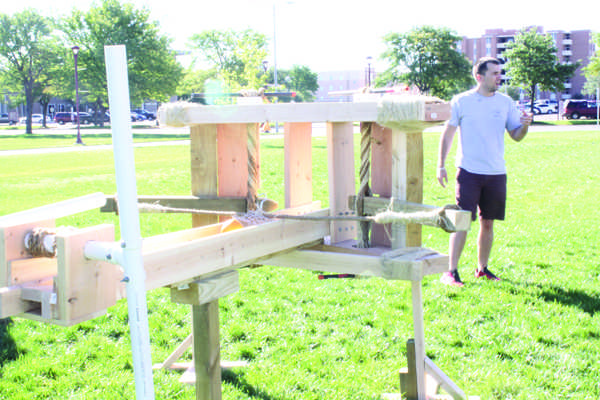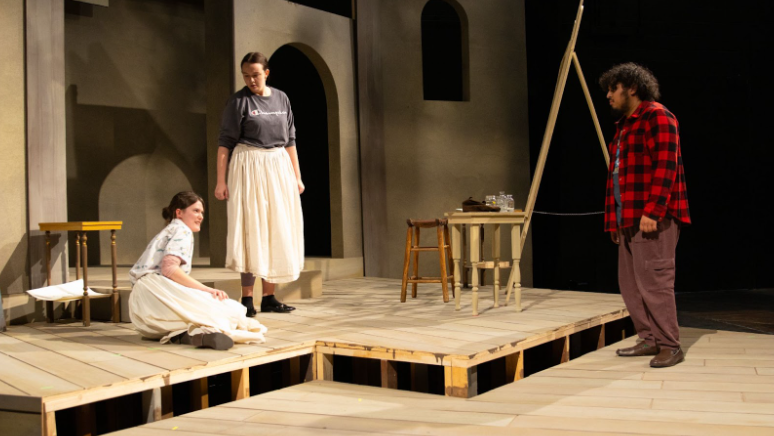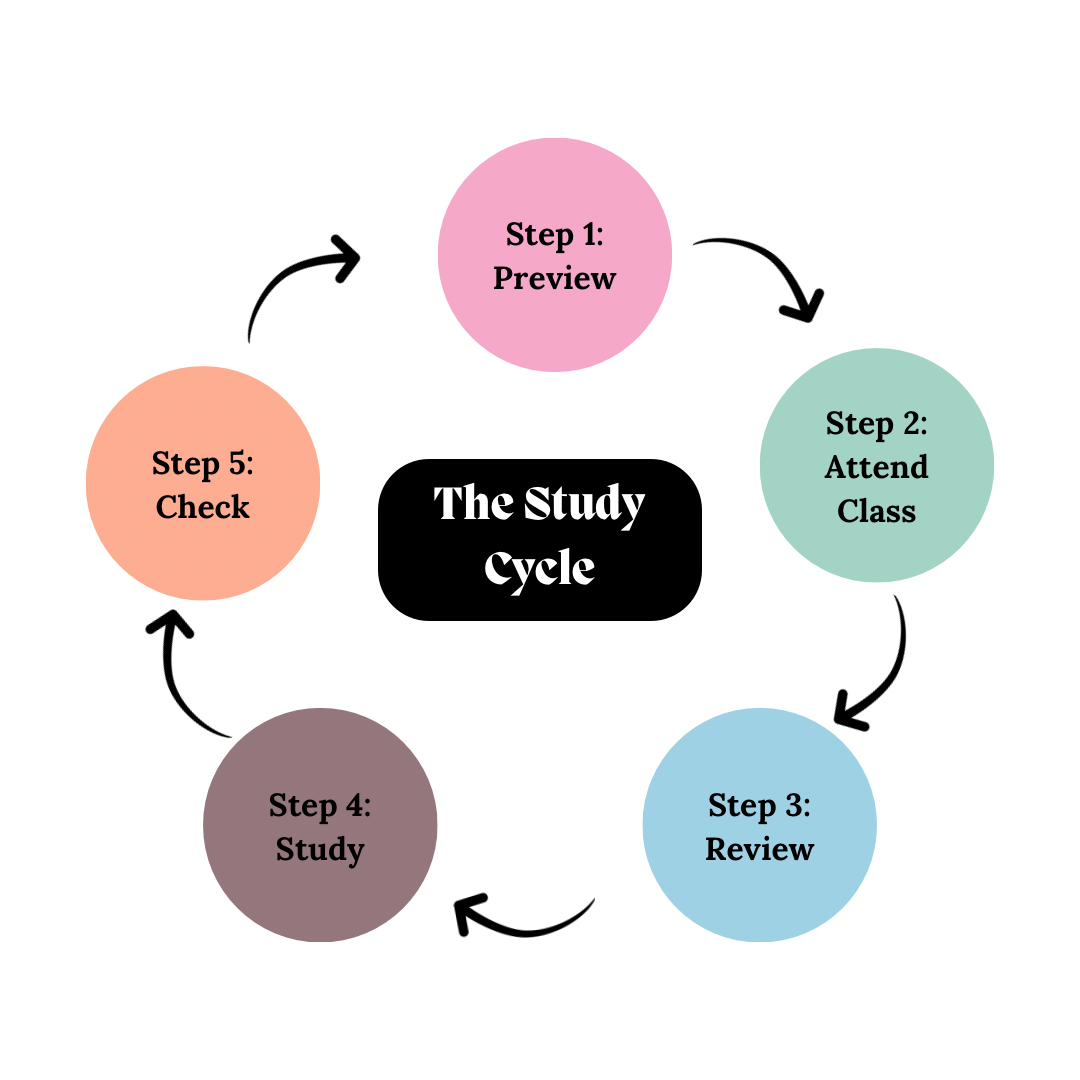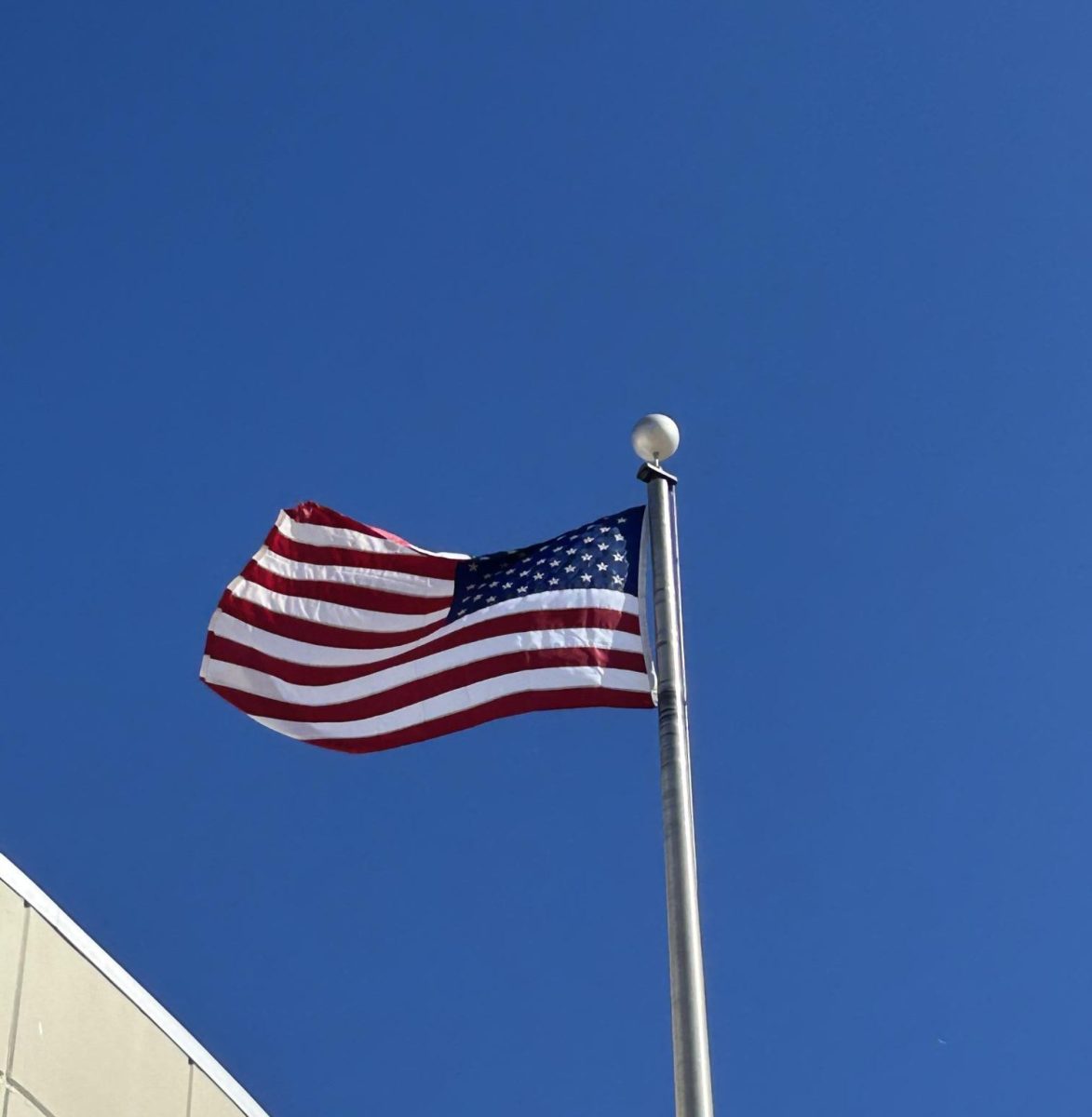
The 23rd Annual Meeting of the Texas Medieval Association took place in the Legacy Hall from Sept. 27- 28.
Medieval Scholars, Graduates and Professors from all over the country participated in hearing speeches from their peers that have taken from weeks to years for their research to be completed.
Unlike politicians who give the same speech over and over again with no new information, the TEMA only allows the paper once; speakers are allowed to reread the paper if the paper has had additions or improvements to the paper.
“The way a conference works is you send out a call for papers. And then, people send in their proposals, a title and an abstract, in other words a short summary,’’ Dr. Bruce Brasington, history professor and President of TEMA, said. “Then what I try and do is I try to create sessions where the topics are more or less similar. “
A wide variety of the speakers are Masters and P.H.D. students. The TEMA do not allow papers from undergraduates and have a separate conference all together.
The speaker can be a graduate of any major provided the topic follows the subject. It has to have connections with the middle ages.
The participants actively listened to each other’s presentations, then discussed their research.
Brasington said he chose the plenary speakers because they are world-class scholars and he knows them personally.
An example of a few people who participated Thursday and Friday were “Professor Richard H. Helmholz, who is one of the greatest scholars of law in the world,” Brasington said. “His work has been cited before the Supreme Court. And Professor [Wendy J.] Turner is a world specialist on medieval medicine.”
West Texas has hosted this particular meeting twice, the first being in 1999.
“We will be at North Texas next year,” Brasington said.
TEMA started in 1991. The United States and Canada are under an organization called the Medieval Academia of America.
The Academia has approximately 15 different regions that are under it. Because Texas is so big, it has its own conference. The conferences are not just Texas based, as people from Germany and South Carolina have attended to lectures. These readings are open to the campus and the public during the conference.
“Hopefully there is a benefit for WT and there is definitely a benefit for us. Talk to each other about ‘Well what are you working on? Have you looked at this source or that one and do you know about that.’ You know you can do a lot of this by email or social media but there’s still something to be said about just some time together and building a deeper relationship,” Jeffery Hamilton, department chair of History at Baylor University, said.







